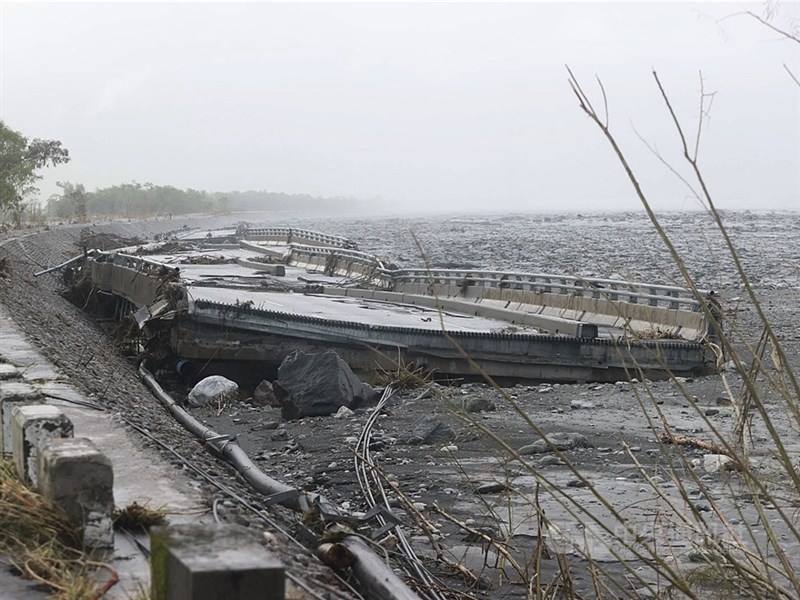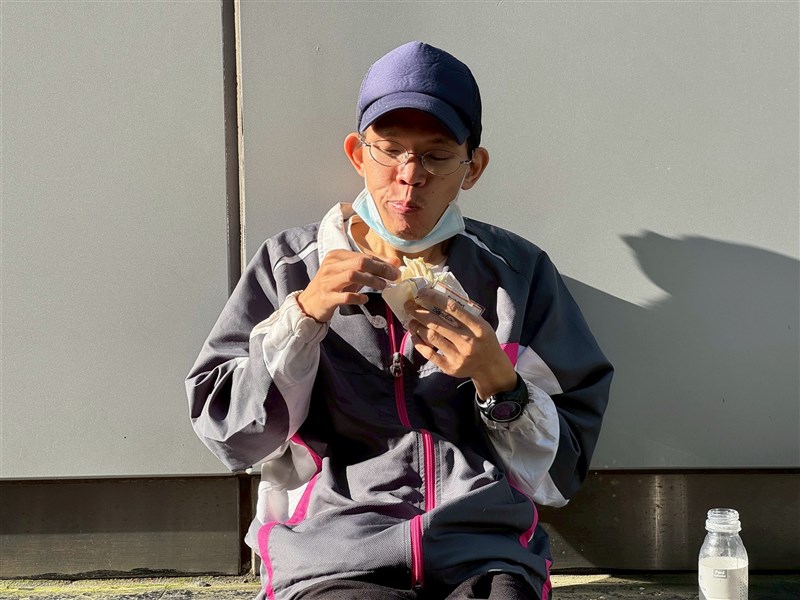FEATURE/For unregistered children of migrant workers in Taiwan, health care rights dicey
06/18/2025 04:32 PM
[Editor's Note: This is part one of a two-part series examining the health challenges facing undocumented migrant workers and their children in Taiwan.]
(Full text of the story is now in CNA English news archive. To view the full story, you will need to be a subscribed member of the CNA archive. To subscribe, please read here.)
More in FEATURE
![Hualien flood leaves Taiwan grappling with disaster response gaps]() Hualien flood leaves Taiwan grappling with disaster response gapsOn Sept. 23, a historic downpour caused the Matai'an Barrier Lake in Hualien to burst its banks, sending 60 million tons of water and debris through Guangfu Township and killing at least 19 people.10/16/2025 05:02 PM
Hualien flood leaves Taiwan grappling with disaster response gapsOn Sept. 23, a historic downpour caused the Matai'an Barrier Lake in Hualien to burst its banks, sending 60 million tons of water and debris through Guangfu Township and killing at least 19 people.10/16/2025 05:02 PM![Fala Formosa! Taiwanese expats to Brazil carve 7 decades of immigrant stories]() Fala Formosa! Taiwanese expats to Brazil carve 7 decades of immigrant storiesSão Paulo is not typically thought of as a hotspot for Taiwanese restaurants and Boba tea shops, much less places that attract long lines of patrons.10/03/2025 04:08 PM
Fala Formosa! Taiwanese expats to Brazil carve 7 decades of immigrant storiesSão Paulo is not typically thought of as a hotspot for Taiwanese restaurants and Boba tea shops, much less places that attract long lines of patrons.10/03/2025 04:08 PM![A recipe for daily life: Taipei's homeless struggle to find food]() A recipe for daily life: Taipei's homeless struggle to find foodUnlike most Taipei residents, Chang Yun-hsiang's (張雲翔) first view in the morning is the open sky. His alarm is the sound of increasing vehicular and pedestrian traffic near Taipei Main Station, where he sleeps on the street a block away.09/20/2025 03:34 PM
A recipe for daily life: Taipei's homeless struggle to find foodUnlike most Taipei residents, Chang Yun-hsiang's (張雲翔) first view in the morning is the open sky. His alarm is the sound of increasing vehicular and pedestrian traffic near Taipei Main Station, where he sleeps on the street a block away.09/20/2025 03:34 PM
Latest
- Politics
Pollster, law professor nominated as CEC chair, vice chair
12/22/2025 10:10 PM - Society
Hualien man fined after his ostrich runs wild on Provincial Highway 9
12/22/2025 09:04 PM - Sports
Badminton nearly doubled in popularity over past decade: Ministry
12/22/2025 08:56 PM - Society
Taipei police still tracing finances of Taipei attacker
12/22/2025 08:16 PM - Politics
Taiwan's social safety net needs to be repaired, strengthened: VP
12/22/2025 07:45 PM


